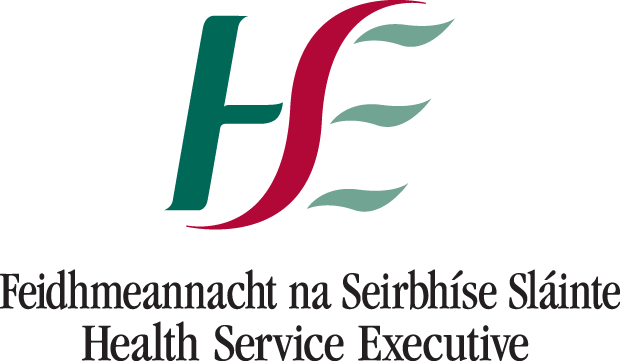Custody and Access – Legal Issues
Custody
Custody is having responsibility for the day-to-day care of a child or children. Deciding about custody is deciding where the child or children will live, and with whom.
Where one parent has the majority of the care of the children, that is, when the children spend more than 50% of their time with one parent, that parent is sometimes referred to as having the “primary care” of the children, with the other parent having “access”.
In some cases, after marriage breakdown, custody is shared equally, with children living between two homes.
Where custody cannot be agreed informally between the parents, or as part of a mediation process, a parent can apply to the District Court for a Custody Order.
Custody and Guardianship
Custody is not the same thing as guardianship. Guardianship is the legal responsibility of parents to make decisions about their children such as decisions about health, education, and religion.
Married parents are automatically joint legal guardians of their children. This remains the case regardless of who the children live with, and after separation and divorce. In exceptional circumstances one parent may awarded sole guardianship.
Unmarried fathers are not automatically joint guardians with the mother, even if their name is on the child’s birth certificate, however they can apply for guardianship. There is more information in our section on guardianship. If the mother of the child agrees, both parents can swear a declaration making the father joint legal guardian with the mother. This declaration must be done on the proper form statutory declaration (SI 210 of 2020) and must be signed in the presence of a Peace Commissioner or a Commissioner for Oaths. If there is more than one child, a separate statutory declaration should be made for each.
Access
Where one parent spends less time than the other with the children, the term “access” is often used to describe their right to spend time with the children and the arrangement for it.
Unmarried fathers, regardless of whether they share guardianship with the mother, can apply to the court to have access with their child. The application is made to the District Court which will decide on the Access Order. The Access Order may include details of where access will take place, how long it will be for, and who can be present.
In some circumstances the Court may state that the access must be supervised by another named adult, this is referred to as Supervised Access.
An Access Order can also be granted to certain relatives in some circumstances if they make application to the court. Grandparents can apply to the District Court for access.
Same Sex Couples
If your same sex relationship breaks down and you wish to have contact with the child of your former partner (where you are not a registered parent and guardian) you can apply to the District Court for access to the child. The Children and Family Relationships Act, 2015, provides, at Section 55, that a person with whom a child lives, or has lived, can apply to the District Court for access to the child.
Grandparents
The Guardianship of Infants Act, 1964, was amended (by Section 9 of the Children’s Act 1997) to allow a relative, such as a grandparent or grandparents, to apply to the District Court for access to children.
Court Reports
As part of the decision-making process about custody and access, the court may order that certain reports are done to establish the views of the child or children. A suitably qualified expert interviews members of the family, including the children, and writes a report for the court which includes recommendations. The report forms part of the decision-making process. The various reports are described in our Court Reports section.
















